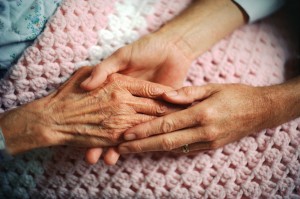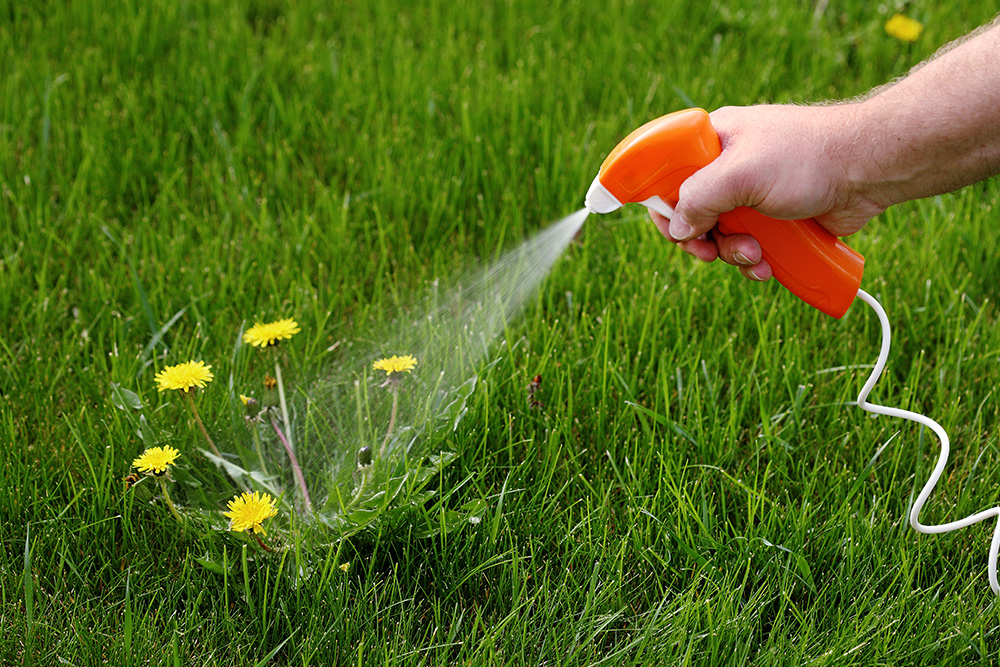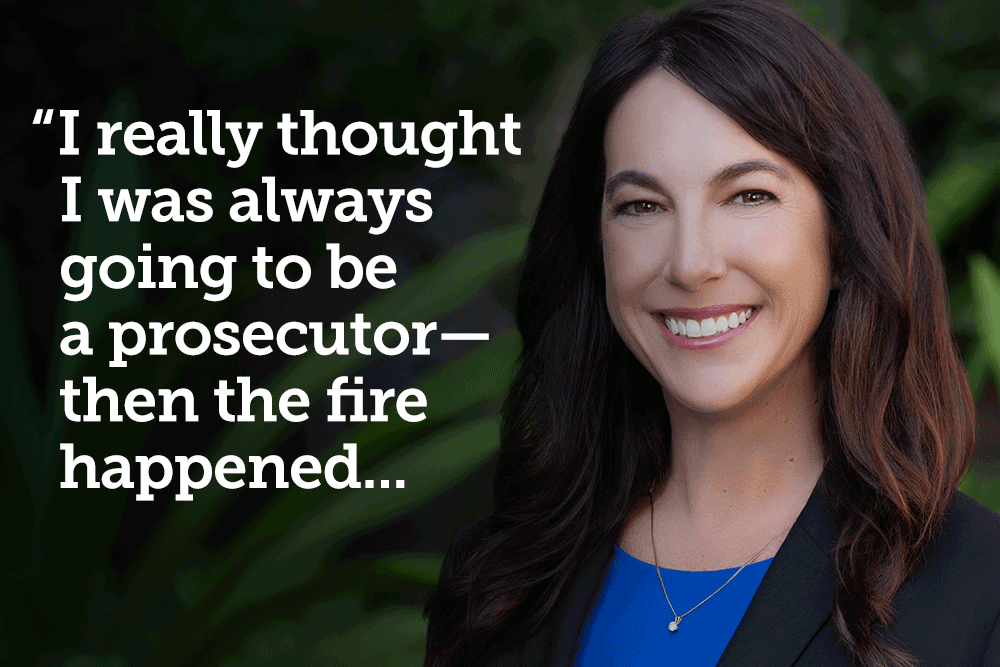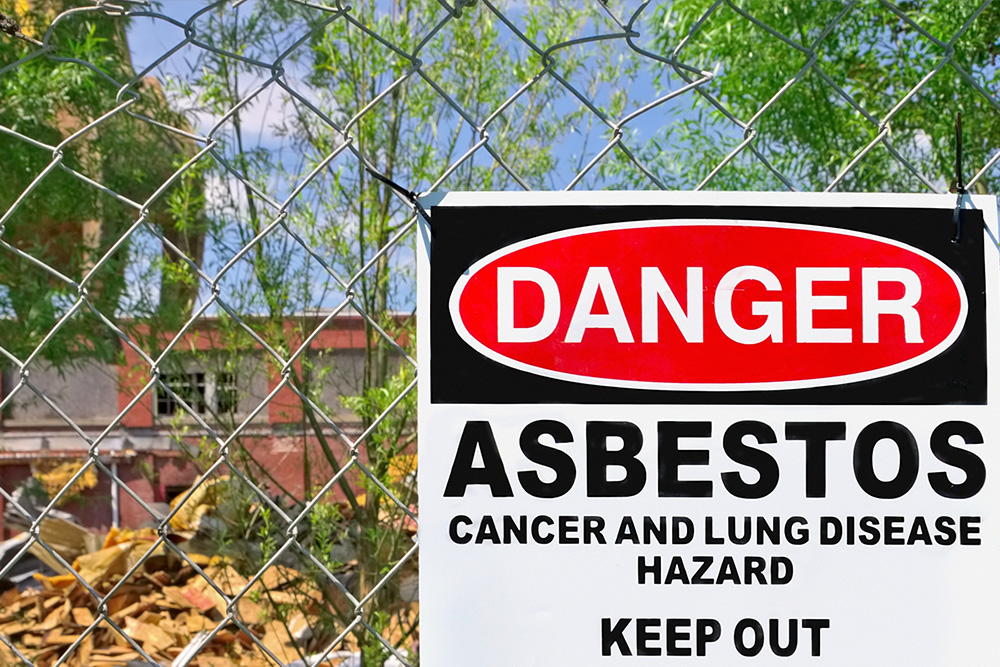“There are only four kinds of people in the world: Those who have been caregivers; those who are currently caregivers; those who will be caregivers; and those who will need caregivers.” - Rosalynn Carter
Mesothelioma is a devastating cancer that affects the whole family and not just the patient. The caregivers for mesothelioma patients play a critical role. For many of my clients, their main caregiver is their spouse. But I also have had many clients who are widowed or never-married or divorced. For them, a child, a brother or sister, or a niece or nephew usually steps in and takes the primary support role.
Since the job of caretaker is such an important one, I want to offer some insights I have gained over the past 30 years that may help caregivers navigate this difficult job. So this advice is directed to all you caregivers who do all you can day in and day out to support your loved one who is facing a cancer for which there is no cure.
Caregiver Truth #1: There is No Training Manual
 The truth is there’s no training for how to be a cancer patient’s caregiver. No one tells you how to perform so many roles all at once: advocate, note-taker, cheerleader, researcher, insurance specialist, financial planner, pain expert, cook and hand-holder. No wonder studies show caretaking can be a 40-hour-a week job – and sometimes more.
The truth is there’s no training for how to be a cancer patient’s caregiver. No one tells you how to perform so many roles all at once: advocate, note-taker, cheerleader, researcher, insurance specialist, financial planner, pain expert, cook and hand-holder. No wonder studies show caretaking can be a 40-hour-a week job – and sometimes more.
Today, the numbers of families affected are overwhelming. The American Cancer Society reports 1.4 million people in the United States will receive a cancer diagnosis each year – some 3,000 of them for mesothelioma - which means somewhere in the US, 1.4 million people like you become primary caretakers each year. This new job is not only filled with worry about your loved-one but also it’s a vivid reminder that all of our lives are fragile and, in the end, way too short.
Caregiver Truth #2: Caregiving is an Exhausting and Difficult Job
I’m betting by the time you read these words, you have already learned Caregiver Truth #2: Just because it’s a labor of love, doesn’t mean being a caretaker it’s easy. It isn’t. Even the job description can be daunting:
- Reading everything you can get your hands on about mesothelioma, its treatments and their side-effects
- Navigating the healthcare and insurance systems (in the beginning this can seem like a full-time job all by itself)
- Helping find the right doctor and hospital and working with the medical team
- Setting up doctor’s office appointments
- Taking care of the details of hospitalizations
- Arranging for home healthcare
- Keeping up-to-date as chief note-taker
- Being your loved-one’s advocate in the system
- Keeping track of the medicine schedule and pain and nausea levels
- Making sure your loved one has company and privacy as needed
- Learning about and getting your financial affairs in order
- Understanding your legal options
- Making sure you are both eating healthfully and getting exercise
- Coordinating the help of family and friends
- Keeping upbeat!
While you need to keep as positive an attitude as possible to help your loved one, recognize that what you are undertaking is physically and emotionally demanding. There may be days where you feel completely overwhelmed by the situation. This is normal and natural and doesn’t mean you care for your loved one any less. But you too are only human and need to acknowledge the stress this role of caregiver places on you.
Caregiver Truth #3: No Two Family Members React the Same
But you are not alone in all this. Caregiver Truth #3: Cancer affects the entire family, and, from what I’ve seen, no two people react the same to the situation. From the time your kids (and even more complicated, your step-kids) hear the news, some will want to jump in with everything they have to give (their time, their hard work, their car, their money) and others will shy away from even discussing it much less getting involved in the care.
I always say mesothelioma can bring out the best and the worst in a person, a couple and a family. In the very best case scenario, working together to support the loved one can be the perfect chance to heal long-time family rifts. But don’t expect these miracles to happen overnight. Try not to judge them but do encourage each one to give what he or she can: Their time to help out around the house, their research skills, visits to play cards and share a few laughs or even their money.
The main advice I give for dealing with younger family members is not to keep your loved one’s condition a secret. Older children and teens can understand more than you may give them credit for about the disease, down to its probable cause. And even the youngest child can understand that Grandpa or Grandma is feeling sick right now and they need to be a little more quiet than usual and not jump on them. A quiet book to read together or a shared meal and a talk about their school day may be all that is needed to put the child at ease. Afterwards, you will want to honor their questions and not squelch their fears or their tears. After all, they’re not all that different from how you are feeling too. Many children and teens act out when a family member gets a cancer diagnosis. So it’s best that teachers and counselors are informed, as well as any other caring adults in their lives. My clients report that counseling by a child psychologist or a member of the clergy is often a big help for their kids and grandkids. Many communities have family-friendly cancer support groups. The nurse at the oncologist’s office or the hospital social worker may know about the ones in your area.
Accept “Respite Care”
One of the greatest gifts someone can give you is something called respite care. By coming over and playing a game of Monopoly or watching a movie with your loved one, they allow you to get away for a spouse support group meeting, a dinner out with friends, an hour at the library, a special day with a grandchild or a class to learn yoga or regenerate your own faith.
Caregivers also say that even a couple hours away can recharge their energies so they’re able to be loving and cheerful with their loved-one. Still, they remind me, though positive thinking is a plus, it’s important to let the person talk honestly about everything from how they feel physically and emotionally to their sense of lost dreams and lost independence. Try not to brush off their talk of death and, above all, remember that tears – yours or theirs – are not a sign of weakness. Reassuring them that they are not alone, and still have value is so important now, as is emphasizing those things they still can look forward to.






